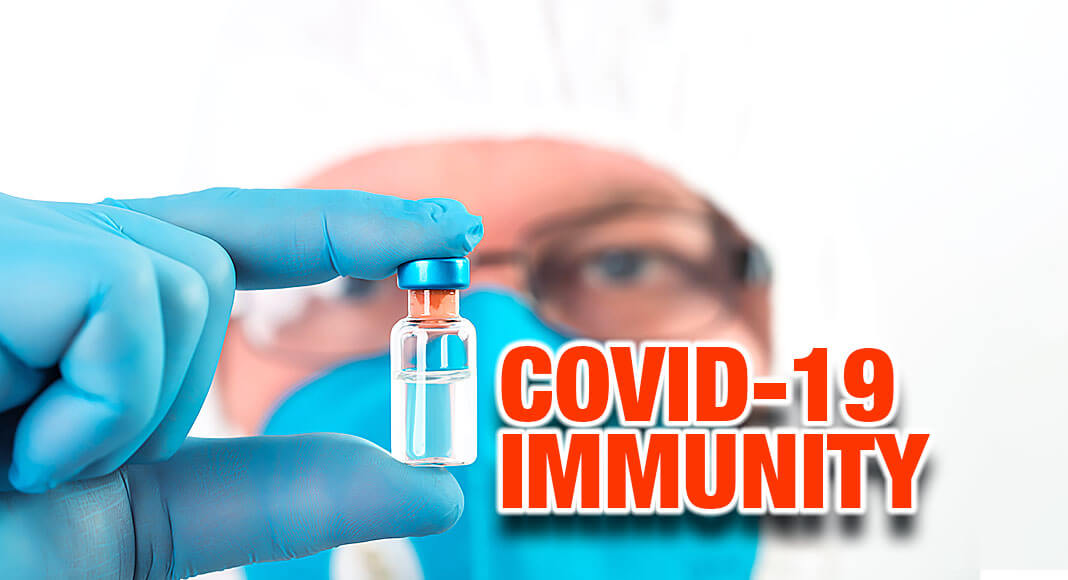
Mega Doctor News
By MAYO Clinic
Newswise — ROCHESTER, Minn. — Fewer than 1 in 1,000 people who have been vaccinated or previously infected with COVID-19 were hospitalized with a new breakthrough infection, Mayo Clinic research finds. The study, which is published in Clinical Infectious Diseases, supports previous studies that show vaccination is the best way to prevent severe COVID-19 infection, hospitalization and death.
“In the general primary care patient population, those who have been vaccinated have very low risk of subsequent hospitalization for breakthrough COVID-19,” says lead author Benjamin Pollock, Ph.D., a researcher in the Mayo Clinic Robert D. and Patricia E. Kern Center for the Science of Health Care Delivery. “Our study shows that while it can and does happen, that these occurrences are extremely uncommon.”
The researchers created a longitudinal study of 106,349 primary care patients at Mayo Clinic in Rochester who were 18 or older and tested positive for COVID-19, and/or were vaccinated for COVID-19. Of those patients, only 69 were hospitalized because of a breakthrough COVID-19 infection.
The researchers found the hospitalization rate was:
- 06%, or 6 in 10,000 for vaccinated patients.
- 03%, or 3 in 10,000, in previously infected but unvaccinated people.
- 01%, or 1 in 10,000, among those who were both vaccinated and infected previously.
While there were slight differences between the three groups, the researchers note the difference is not statistically significant.
“We found these results to be in line with previous studies, although the interpretation shouldn’t necessarily be that natural immunity provides the same protection as vaccination,” says Dr. Pollock. “Rather, this study found that among our primary care population, both natural immunity and vaccine immunity appeared to lead to very low rates of breakthrough hospitalizations.”
The researchers looked at breakthrough cases that resulted in hospitalization, but they did not compare immunity after infection and vaccination rates among mild or asymptomatic breakthrough cases.
“We know that vaccination remains the safest route to protection from COVID-19 infection and severe disease,” says Aaron Tande, M.D., a Mayo Clinic infectious diseases physician, and a co-author of the study. “I explain to my patients that a COVID-19 vaccine provides additional protection, even if they have been previously infected. For those who have not been infected, vaccination remains the safest and most reliable route of protection.”
Previous studies have shown similar results, the researchers note. Some studies have shown that immunity after infection prevents the most hospitalizations. Other studies have shown that vaccination prevents the most hospitalizations. In both cases, breakthrough hospitalizations are similarly rare.
“Because it’s impossible to tell in advance how severe a first infection may be, or who among vulnerable populations the virus may spread to, waiting for natural immunity is a gamble and not a safe alternative,” Dr. Tande says.
The research was supported by the Mayo Clinic Robert D. and Patricia E. Kern Center for the Science of Health Care Delivery. The center’s research focuses on transforming clinical practice. Its researchers seek to discover new ways to improve health; translate those discoveries into evidence-based, actionable treatments, processes and procedures; and apply this new knowledge to improve patient care.
The senior author of the study is Priya Sampathkumar, M.D., a Mayo Clinic infectious diseases physician and head of Mayo’s Infection Prevention and Control Program. In addition to Dr. Tande, the study’s co-author is Curtis Storlie, Ph.D., a researcher in the Mayo Clinic Kern Center for the Science of Health Care Delivery.
The research was funded by Mayo Clinic Robert D. and Patricia E. Kern Center for the Science of Health Care Delivery. The team reports no conflicts of interest.
About Mayo Clinic
Mayo Clinic is a nonprofit organization committed to innovation in clinical practice, education and research, and providing compassion, expertise and answers to everyone who needs healing. Visit the Mayo Clinic News Network for additional Mayo Clinic news.










